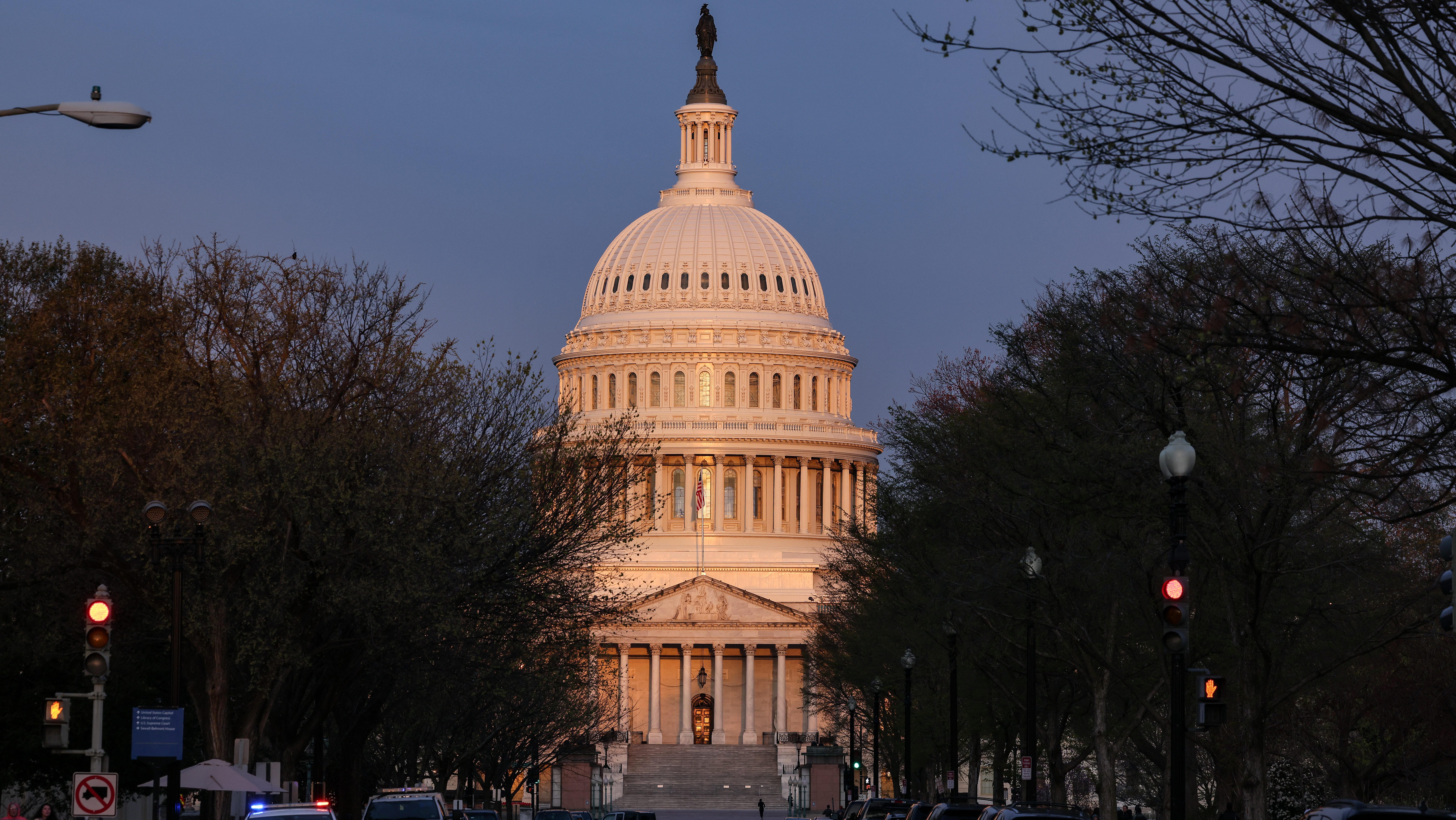Jurors reached a guilty verdict in the federal death penalty case of a 34-year-old man who killed eight people on a Manhattan bike path five years ago in a bid, prosecutors said, to impress a terrorist group.
Sayfullo Saipov, an Uzbek national living in New Jersey at the time of the 2017 Halloween attack, drove a Home Depot rental pickup truck at least 10 blocks down the popular Hudson River Greenway bike path from West Houston to Chambers streets, hitting nearly a dozen pedestrians and bicyclists before crashing into a school bus.
The vehicle attack killed a woman visiting from Belgium with her family, five friends from Argentina and two Americans. It left others with permanent injuries, including a woman who lost her legs.
Get Philly local news, weather forecasts, sports and entertainment stories to your inbox. Sign up for NBC Philadelphia newsletters.
The dozen jurors deliberated for about seven hours over two days before convicting Saipov Thursday on 28 counts of crimes that include murder in aid of racketeering and supporting a foreign terrorist organization. Jurors will return to court no earlier than Feb. 6 to hear more evidence to help them decide whether he should be executed or spend the rest of his life in prison.
The Islamic extremist bowed his head as he heard the verdict in a Manhattan courtroom just a few blocks from where the attack ended.
A death sentence for Saipov would be an extreme rarity in New York. The state no longer has capital punishment and the last state execution was in 1963. A federal jury in New York has not rendered a death sentence that withstood legal appeals in decades, with the last execution in 1954.
U.S. & World
Stories that affect your life across the U.S. and around the world.
Witnesses at the time of the terror attack — the deadliest of its kind in NYC since 9/11 — said the school bus crash appeared deliberate, too. Nearly a dozen were hurt, some of them seriously, in addition to the eight killed in what authorities described as a "cowardly act of terrorism."
Saipov allegedly showed no remorse. Prosecutors told the jury in closing arguments that later in the day after the attack, he said he was proud of what he did, and smiled when speaking to an FBI agent.
He emerged from his truck yelling “God is great,” in Arabic, with pellet and paintball guns in his hands before he was shot by a police officer who thought they were real firearms.
He also asked to hang the flag of the Islamic State group in his Manhattan hospital room, prosecutors said previously.
Even before the trial, there was no doubt Saipov was a killer. Saipov's defense lawyer, David Patton, had not denied his client killed eight people and seriously injured others in the attack in the shadow of the World Trade Center.
“It wasn't an accident. He did it intentionally," Patton said. “At the end of the day, there is no making sense of such a senseless act."
During the trial, Patton told the jury Saipov's actions were "senseless, horrific, and there’s no justification for them."
The lawyer, though, said prosecutors were wrong to claim that Saipov did it to win favor with a terrorist group, saying the brutality shows he already thought of himself as a member. Patton said Saipov expected to die that day a martyr.
The defense did not have any comment outside the courthouse after the verdict.
The defense asked jurors to acquit Saipov of racketeering charges, saying he intended to die a martyr and was not conspiring with the Islamic State organization, despite voluminous amounts of propaganda from the group found on his electronic devices and at his home.
Saipov moved legally to the U.S. from Uzbekistan in 2010 and lived in Ohio and Florida before joining his family in Paterson, New Jersey. He did not testify at his trial, but rather sat quietly each day — unlike at a 2019 pretrial hearing where he insisted on questioning the judge about why he should be judged for eight deaths when “thousands and thousands of Muslims are dying all over the world.”
Among those who did testify were several family members from Belgium who were injured in the attack. Aristide Melissas, a father, said he had challenged family members to race their bikes to the World Trade Center, with the loser paying for ice cream. When he was struck by Saipov’s truck, his skull was fractured. He underwent brain surgery.
His wife, Marion Van Reeth, spoke of waking up in a hospital to learn her legs had been amputated.
Saipov's marks the first death penalty case under the Biden administration. Saipov’s lawyers have said the death penalty process was irreparably tainted by former President Donald Trump, who tweeted a day after the attack that Saipov “SHOULD GET DEATH PENALTY!” — which led Biden to subsequently institute a moratorium on executions for federal crimes.
Until Saipov's trial, Biden's Justice Department, under Attorney General Merrick Garland, had not launched any new attempt to obtain the death penalty in a federal case. But Garland has allowed U.S. prosecutors to continue advocating for capital punishment in cases inherited from previous administrations.
It has been a decade since a jury in New York last considered the death penalty.
Federal juries in Brooklyn twice gave a death sentence to a man who murdered two New York police detectives, once in 2007 and again in 2013, but both sentences were tossed out on appeal. A judge ultimately ruled the killer was intellectually disabled.
In 2001, just weeks before the Sept. 11 attacks, federal jurors in Manhattan declined to impose a death sentence on two men convicted in the deadly bombings of two U.S. embassies in Africa. The men's lawyers had urged jurors not to make the defendants into martyrs.



